Norwegian Deputy Ambassador to Vietnam Mette Moglestue said Norway highly appreciates Vietnam's ambition in promoting and developing the circular economy , as well as green transformation.

Extended Producer Responsibility (EPR) has been adopted in many countries around the world to control waste discharged into the environment.
In Vietnam, from January 1, 2024, manufacturers and importers of electronic products, lubricants and packaging must recycle or pay fees to support waste recycling activities.
Manufacturers and importers of electrical and electronic products shall carry out recycling responsibilities from January 1, 2025; manufacturers and importers of means of transport (cars and motorbikes) shall carry out recycling responsibilities from January 1, 2027.
To learn about Norway's experiences in implementing EPR regulations and cooperation opportunities between Norway and Vietnam in implementing this tool, VNA reporters had an interview with Ms. Mette Moglestue, Deputy Ambassador of Norway to Vietnam, on the sidelines of the seminar "Extended Producer Responsibility (EPR): From Policy to Implementation."
The seminar was organized by Vietnam News (VNA) and VINEXAD Trade Fair Advertising and Promotion Joint Stock Company. BNEWS (VNA) is the media sponsor.
- How do you evaluate the current mechanism and policies for implementing EPR in Vietnam?
Ms. Mette Moglestue: Vietnam is one of the first Southeast Asian countries to apply this tool.
Norway highly appreciates Vietnam's ambition in promoting and developing the circular economy, as well as the green transition.
Extended Producer Responsibility (EPR) is one of the measures to help Vietnam achieve this goal.
Specifically, it is necessary to ensure that manufacturers or companies are responsible for paying for their raw materials or materials that are harmful to the environment.
Vietnam already has some EPR regulations, which is very welcome. This is a good start, and Vietnam should start from this starting point to improve and further strengthen its policy mechanisms to ensure effective implementation of EPR regulations.
- Could you share Norway's experience in implementing EPR regulations?
Ms. Mette Moglestue: In Norway's experience, setting ambitious policy targets is crucial.
We are not afraid to put forward high policy regulations that can promote innovation.
Businesses may complain about difficulties, but in reality they can still effectively implement the regulations, as well as the ambitious policies of the State on standards and EPR targets and still be able to do business successfully. This is not only the experience of Norway, but also the experience of many other countries and Vietnam should do the same.
Another experience of ours is the dialogue mechanism. In the process of building our policies.
The Norwegian Government has been consulting and dialogue, regularly and continuously, with all stakeholders, including research institutes, private enterprises and the press, to ensure that the interests and shared issues of all parties are taken into account in the policy-making process.
The aim is to ensure that an effective EPR policy is in place and to ensure the successful implementation of these policies in practice.
We build many platforms and forums so that all parties can share their knowledge and opinions in the process of building Government policies.
- How do you evaluate the cooperation opportunities between Norway and Norwegian enterprises for Vietnam in implementing EPR regulations?
Ms. Mette Moglestue: Norway places a high priority on efficient waste management and in particular on promoting recycling.
We are one of the countries with a very high rate of collection and recycling of plastic bottles and boxes.
We place great emphasis on promoting the implementation of EPRs as they are an effective tool to ensure effective waste management.
Norway is ready to share its experiences with Vietnam in policy formulation and implementation of EPR policies.
Currently, Norway has been cooperating very closely with the Ministry of Natural Resources and Environment of Vietnam in developing policies on EPR.
We hope that in the future, Norwegian businesses can also participate and share their technology to ensure that Vietnamese partners can also participate effectively in the implementation of State policies.
Thank you, ma'am./.
Source


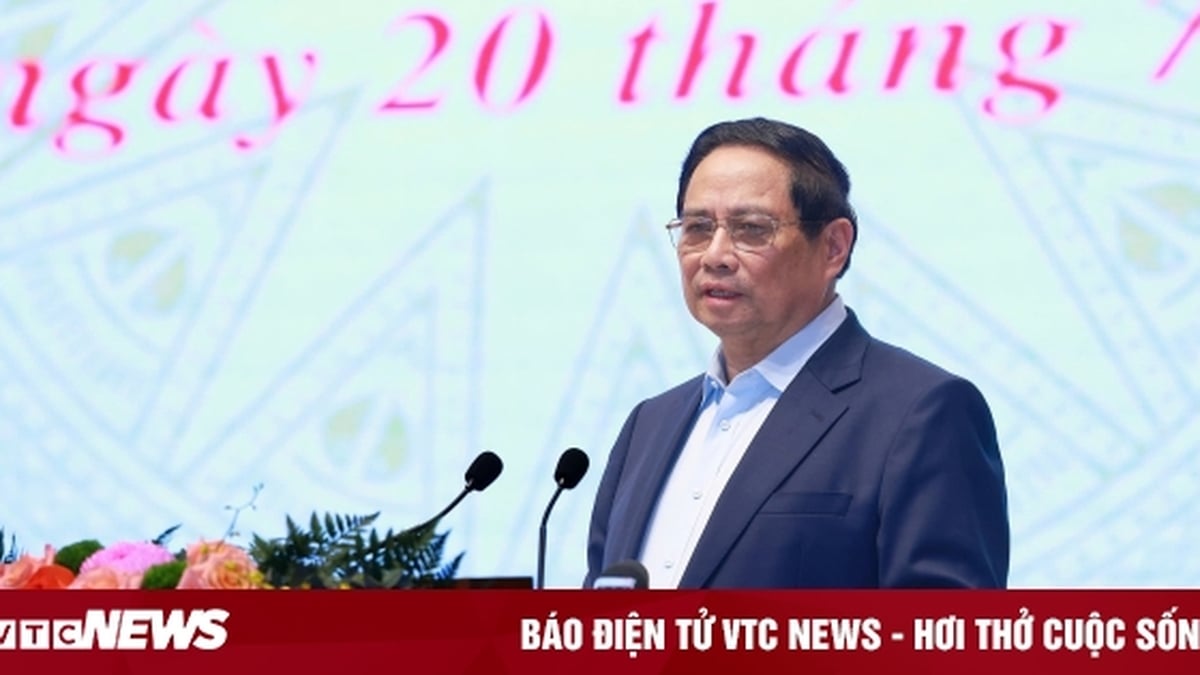
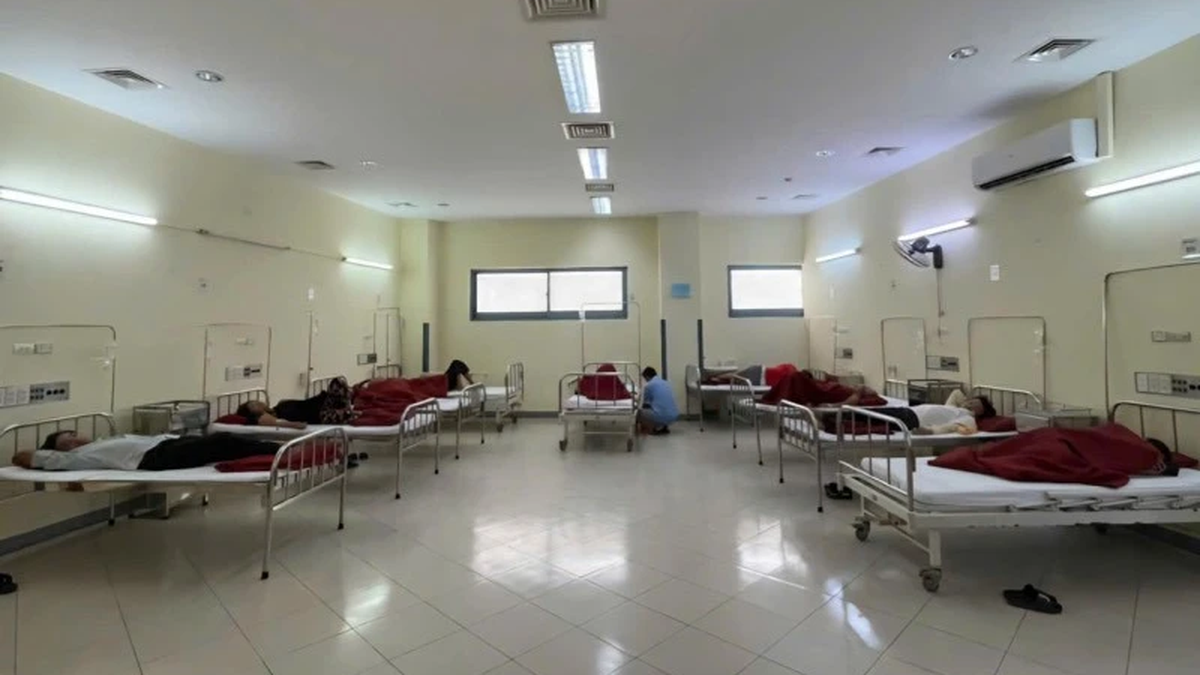
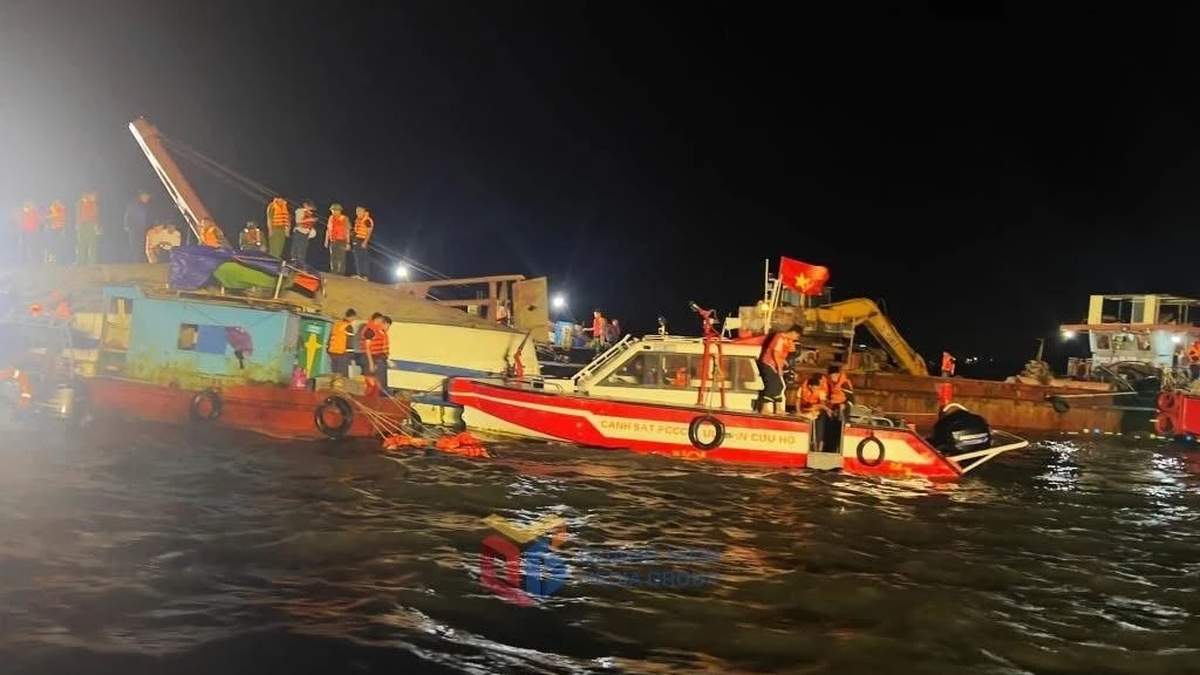

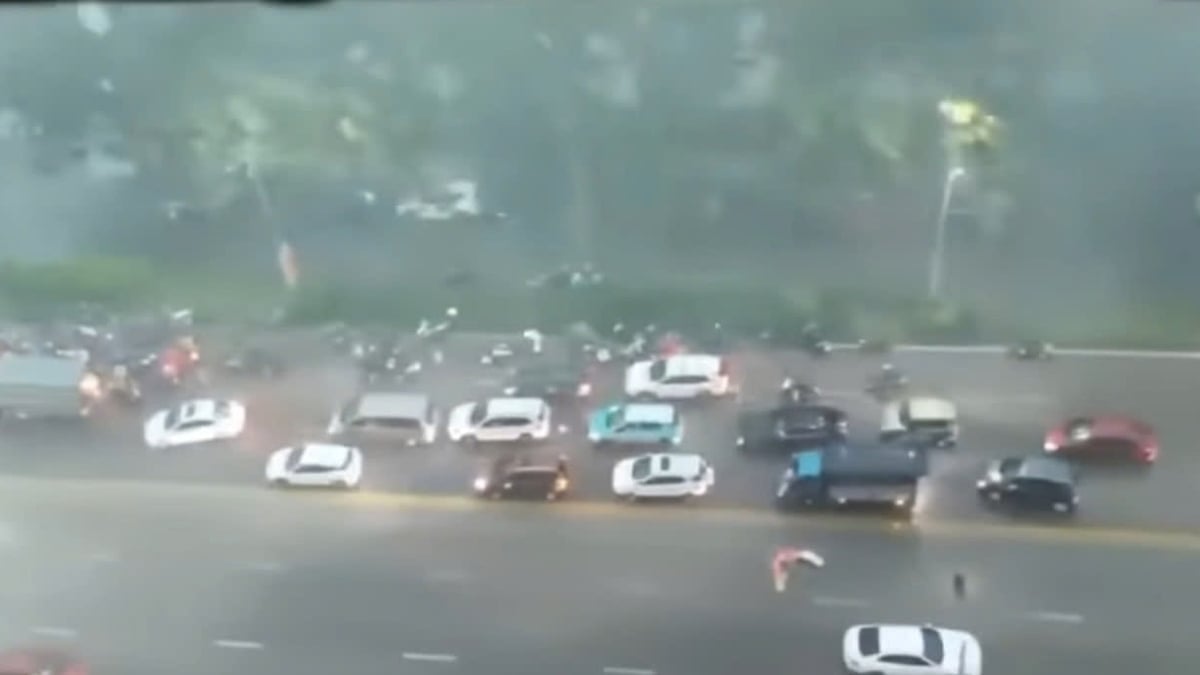
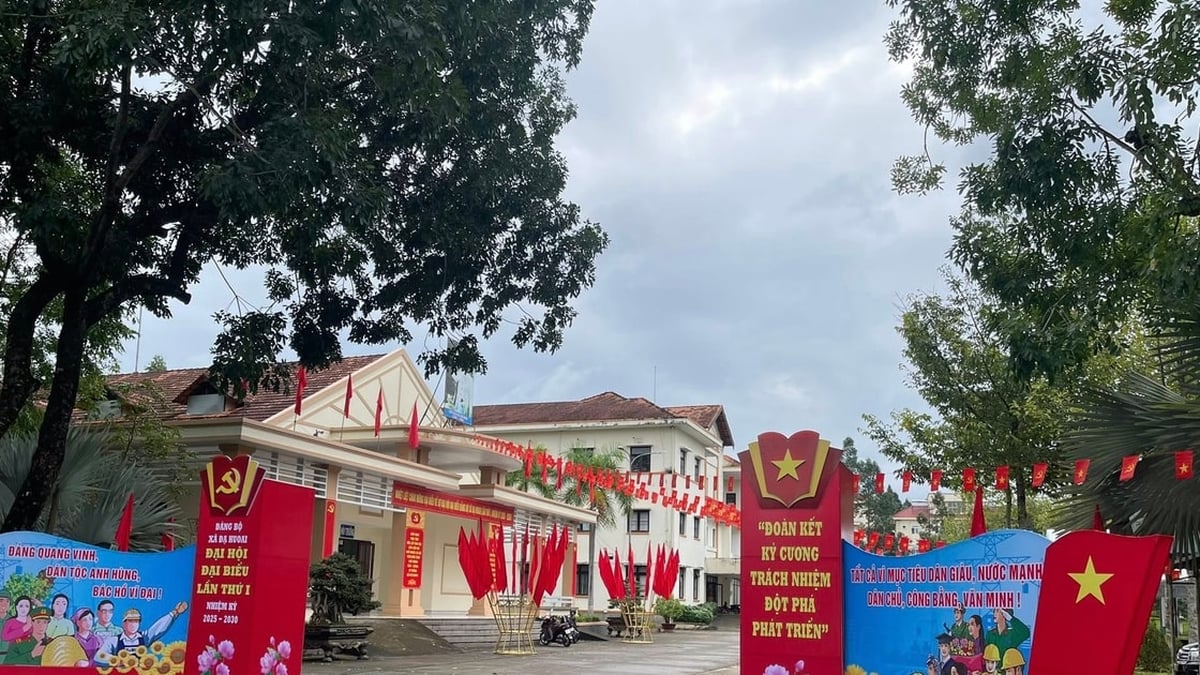
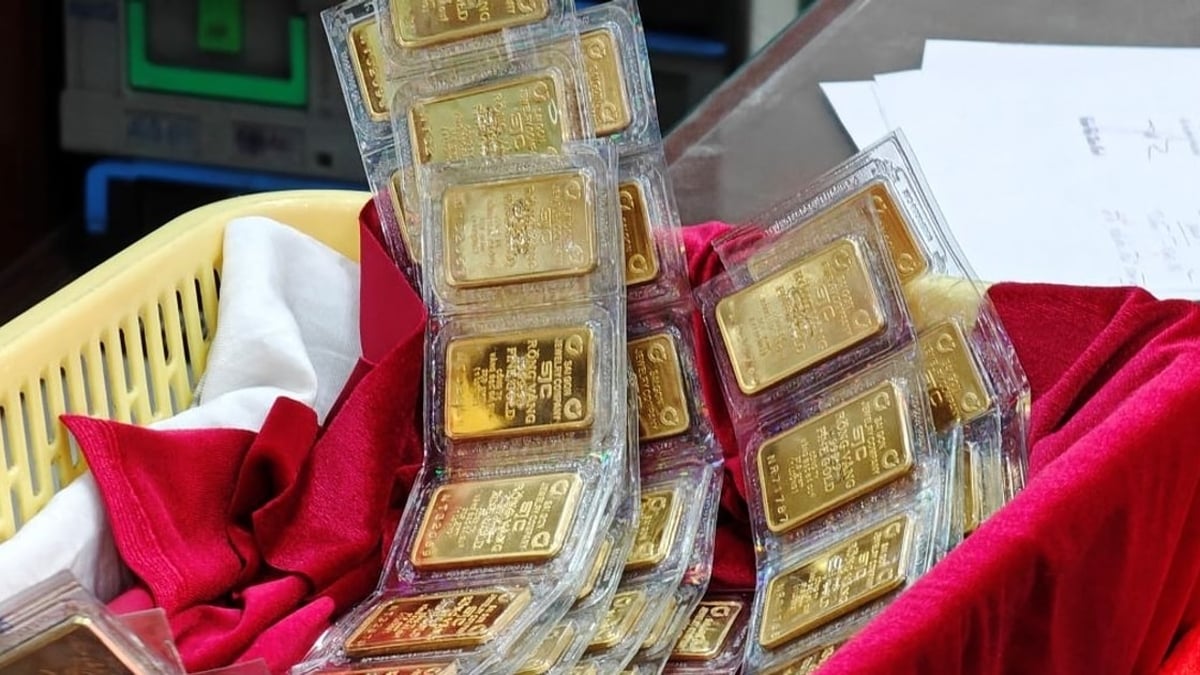
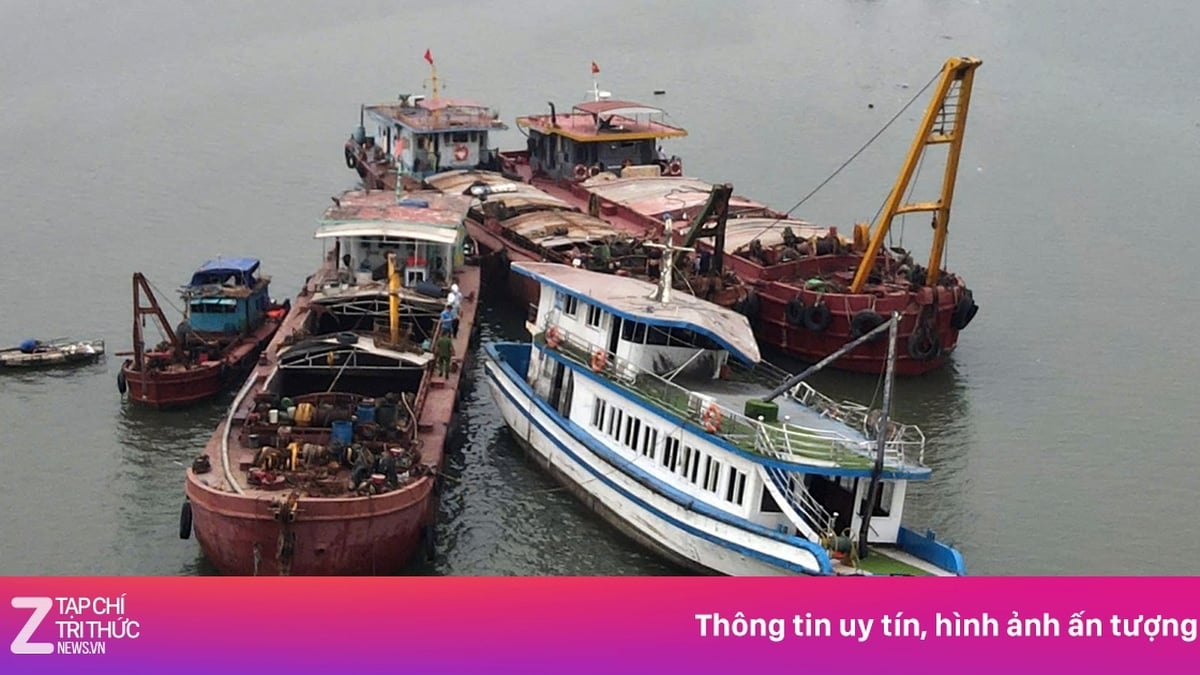
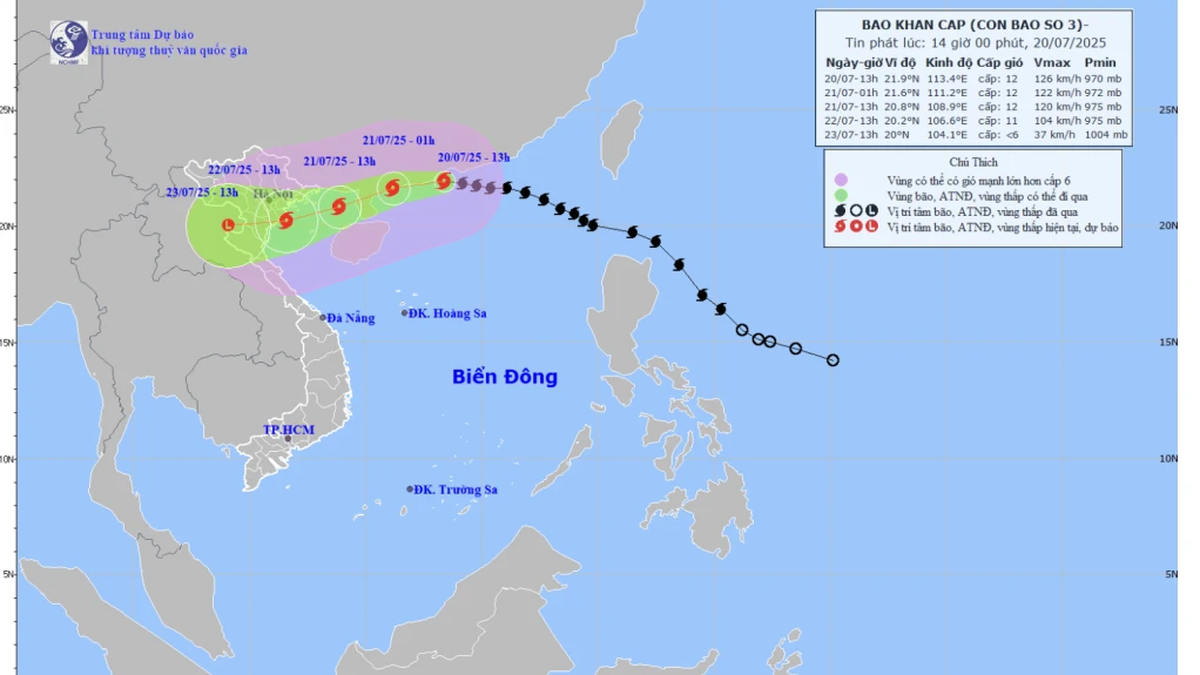
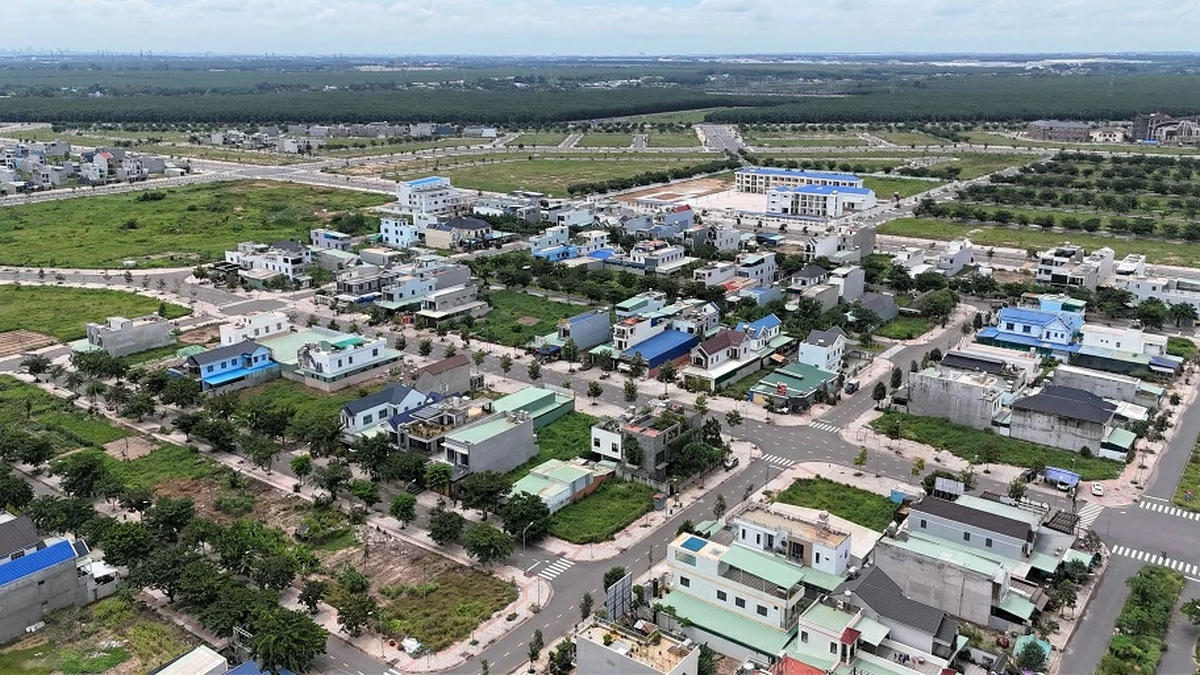












![[Photo] National Assembly Chairman Tran Thanh Man visits Vietnamese Heroic Mother Ta Thi Tran](https://vphoto.vietnam.vn/thumb/1200x675/vietnam/resource/IMAGE/2025/7/20/765c0bd057dd44ad83ab89fe0255b783)










































































Comment (0)